Alan Titchmarsh: How each of our English country gardens can play their part in saving the planet
Our columnist Alan Titchmarsh talks extreme weather, climate change and the faith all gardeners have in the extraordinary ability of nature to bounce back from pretty much anything.

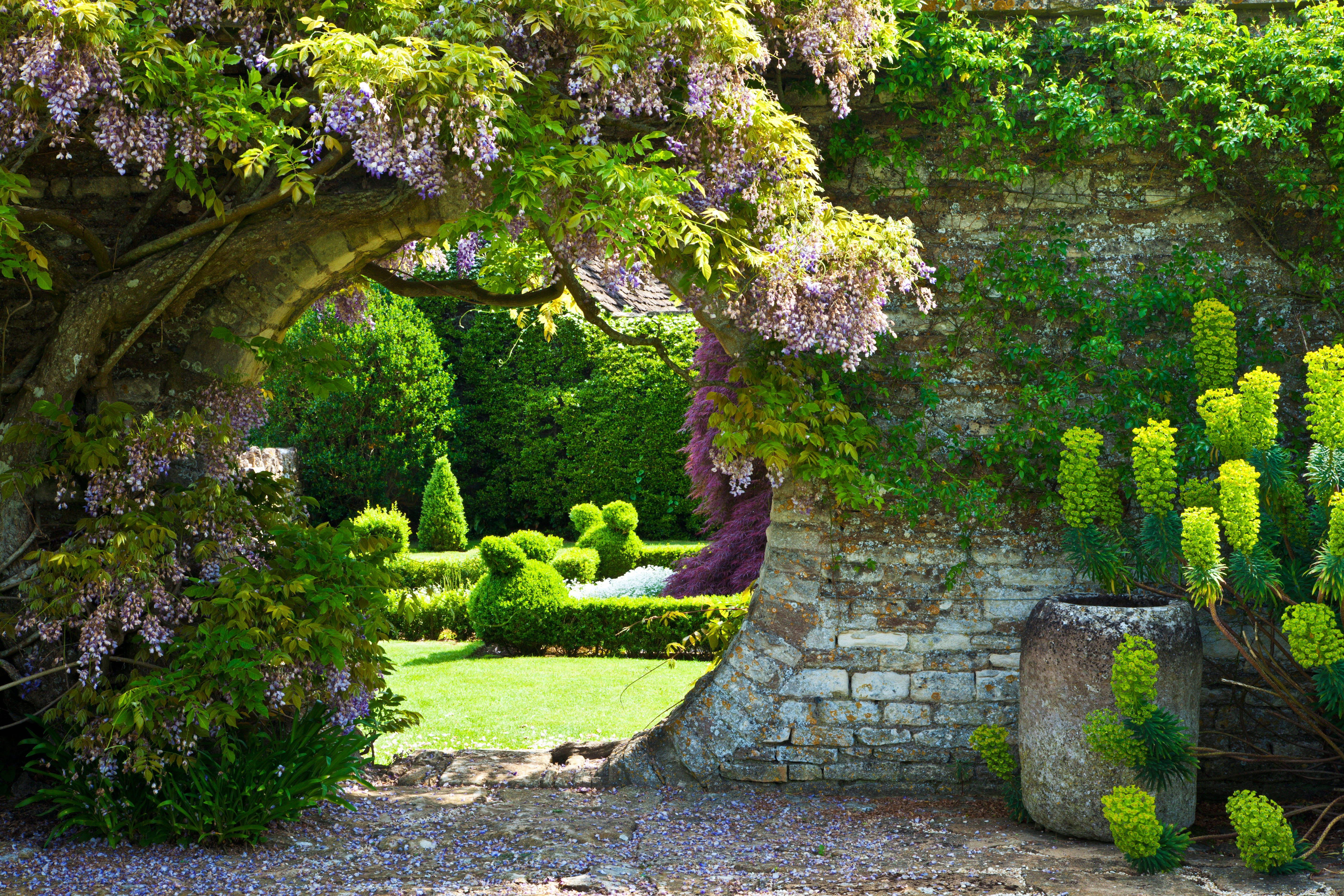
There is, without fail, a week in each year — sometime between March and June — when I receive a call from an anxious journalist. The tone of voice is always the same, but the question varies: ‘What do you think the effect on our gardens will be of this unseasonably hot/unseasonably cold/unusually wet/unusually dry/extremely windy weather?’
My heart sinks.
You see, whatever the weather may do in the short term (and I’m talking about weather as distinct to climate), plants have a great capacity for recovery. Even the devastation that was created by the cataclysmic winds of October 1987 is now all but invisible. The heartbreak we endured at the time was raw, but the gaps that were created became planting opportunities and the trees that replaced the old lions that fell are now 30 years old and turning from robust youth to early maturity.
Nature’s capacity to recover should never be taken as an excuse to treat her in a cavalier fashion, but gardeners know of her healing properties and trust in her ability to adapt to prevailing conditions. ‘Nature abhors a vacuum’ the saying goes, to which one could add ‘and will always have something to fill it’.
'I doubt that I can change China's carbon emissions or Donald Trump's attitude but I can make sure my own modest acreage is run responsibly'
My answer to the journalist’s question is almost always along those lines, although I can’t claim that it fills them with excitement. To explain, amid a February cold snap, that the daffodils and snowdrops will simply slip into a state of suspended animation during the chilly conditions and pick up when the warmer weather comes is not the stuff of headlines.
What they really want is the sucking of air over the teeth and a confession that we’ve never had it as bad as this since the reign of Henry VIII. It does make me smile when we’re told that this is the hottest / coldest / wettest / driest month since 1996. Good grief — that was yesterday!
We live in a world in which, from a government point of view, long term means 10 years. It’s not surprising that the ability to think in the long term as far as a gardener or estate manager is concerned — where 100 years is nearer the mark — is far beyond their compass.
Exquisite houses, the beauty of Nature, and how to get the most from your life, straight to your inbox.
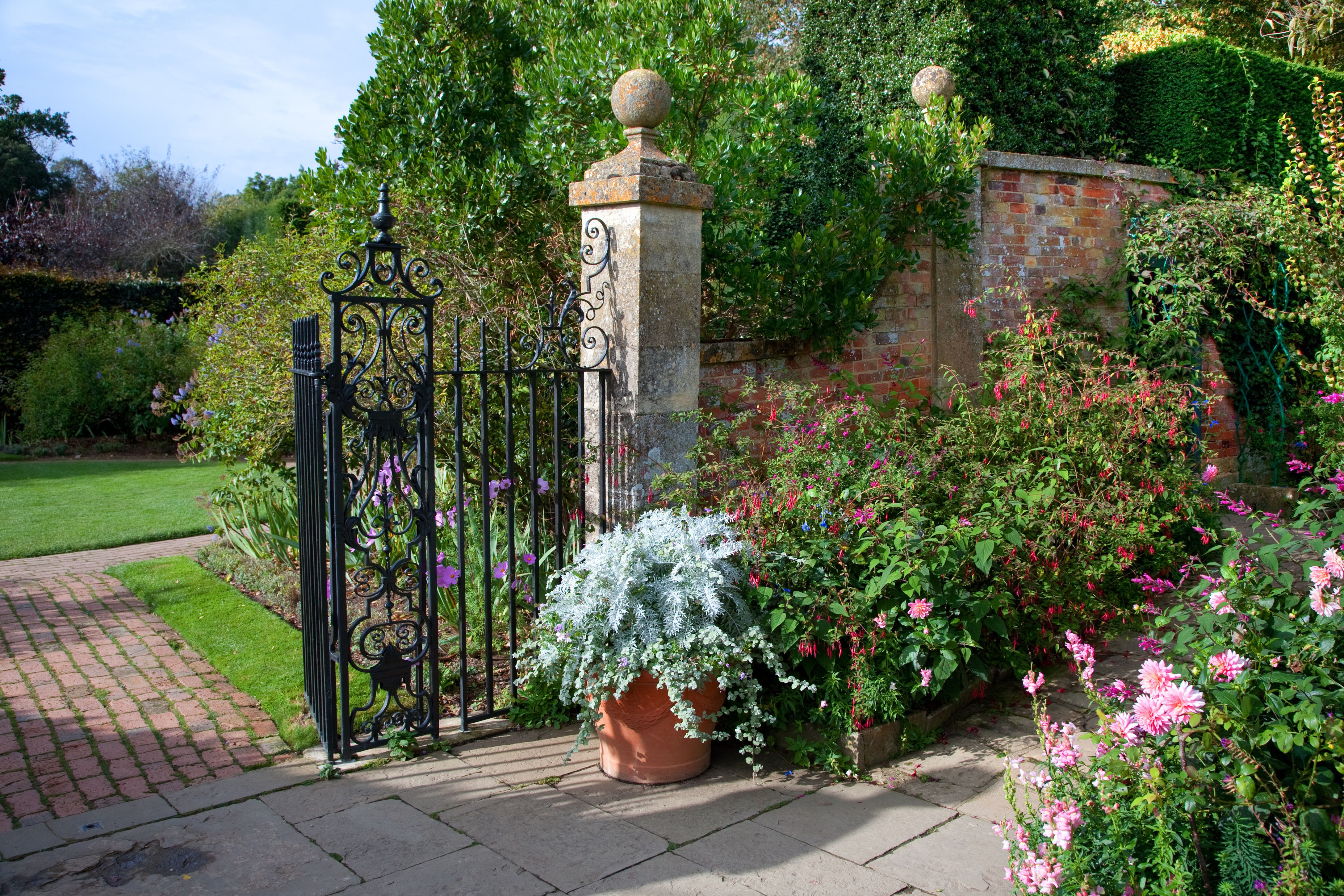
There are oaks in Windsor Great Park that were more than 100 years old when William the Conqueror invaded in 1066. The Bowthorpe Oak in Lincolnshire has a girth of 40ft and is of a similar vintage. These trees, now well over 1,000 years old, have weathered more than the occasional drought and deluge.
I’m not for one moment suggesting that weather doesn’t matter, or that it doesn’t irritate and inhibit our activities — it most certainly does — but those of us who work with and on the land have learnt to be more sanguine about it and to adjust our activities to accommodate its caprices.
In a world in which Man increasingly considers himself to be in control, it’s good for us to be reminded that there are greater forces at work than ourselves, even if our activities are increasingly likely to exacerbate matters. Reconciling these two different factors is one of the most challenging parts of our lives and one that we must learn to achieve if we’re to fulfil the duty of care that is incumbent upon us as the current custodians of our landscape.
How I long for a society in which individual and local actions in terms of landscape and gardens are as highly regarded and as energetically encouraged as yet another conference or report on the devastating effects of climate change.
I doubt that I will personally be able to have much effect on China’s carbon emissions or Donald Trump’s attitude to global warming, but I can make sure that my own modest acreage is run responsibly on organic lines and that each bee and butterfly I nurture and each nestbox that gives rise to another brood are at least making a positive contribution on a local level.
When all these little patches join together, they can make far more practical difference than any news report that offers me statistics or a conference that’s greeted with political inertia.
Jane Austen’s words are a worthy motto: ‘It is not what we say or think that defines us, but what we do.’
Country Life's sustainability special issue is out now
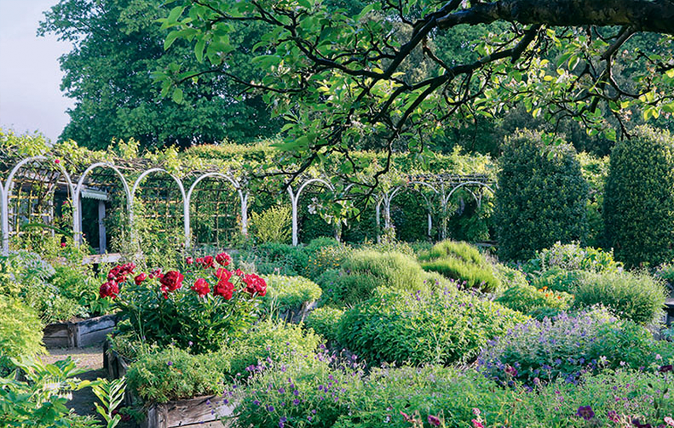
Alan Titchmarsh: The poetic pleasure of plant names
Our gardening expert on the days spent learning the names of some of the most obscure plants in Britain.
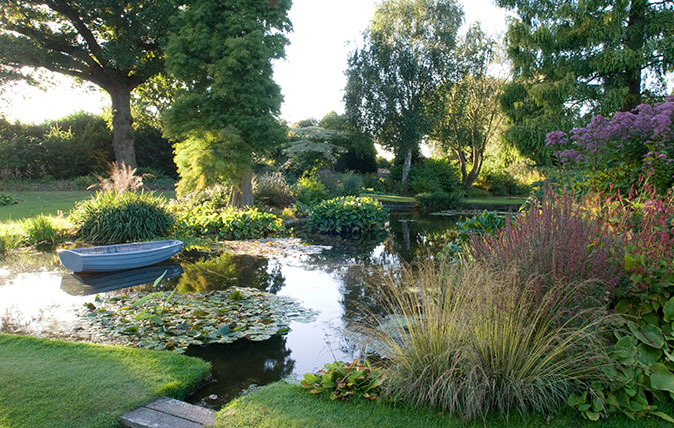
Alan Titchmarsh: How to keep a perfect pond
Alan Titchmarsh says that now is the time to clear out the weeds and keep your pond in top condition
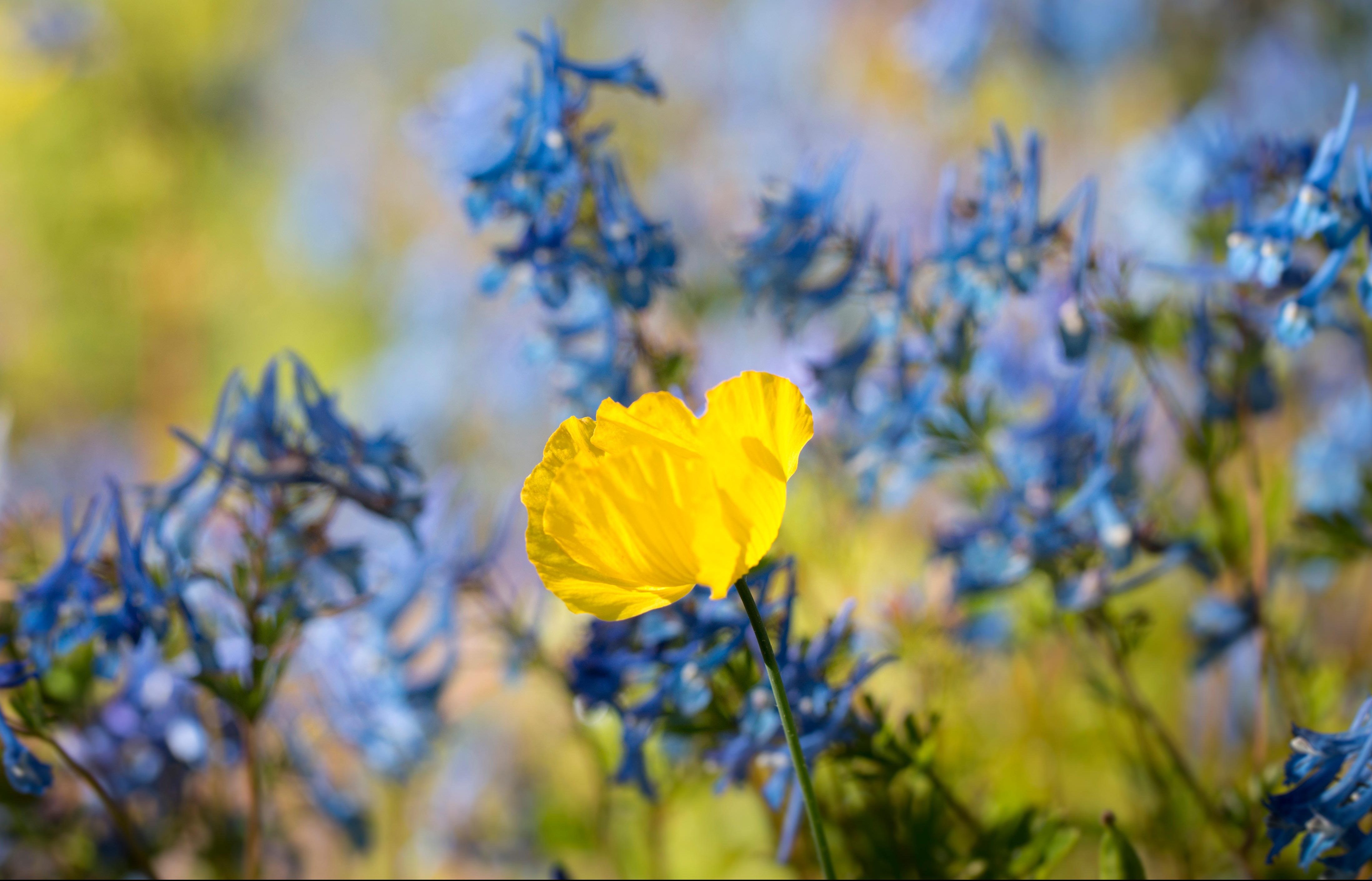
Alan Titchmarsh: The weeds I welcome with open arms
Our columnist Alan Titchmarsh used to spend hours ridding his garden of anything he hadn't planted himself. These days he
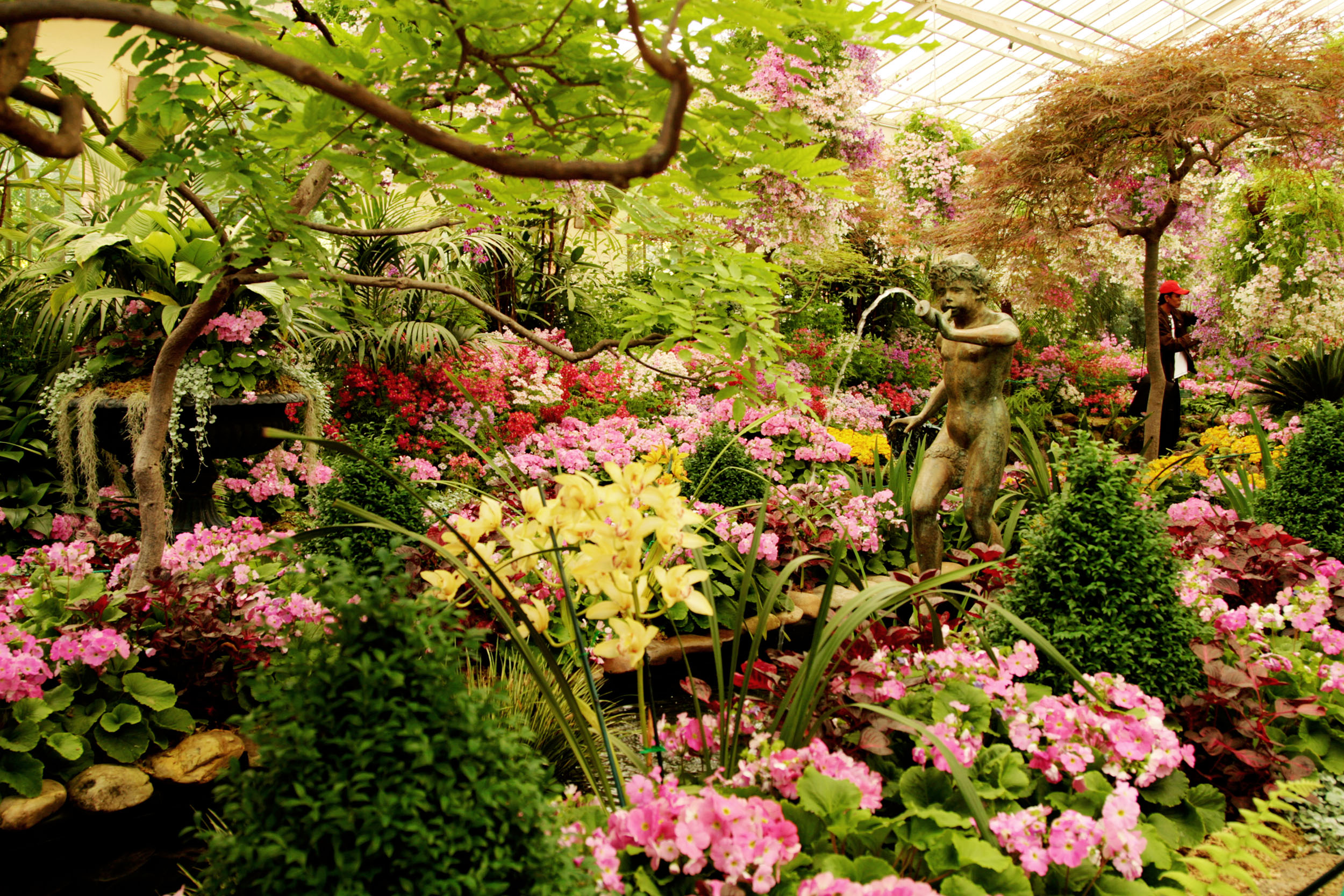
Credit: Moment Editorial/Getty
Alan Titchmarsh: Why I've decided that life's too short to keep growing the same old things in my greenhouse
Alan Titchmarsh's greenhouse has become a bit predictable – but he's now got big plans to mix things up.
Alan Titchmarsh is a gardener, writer, novelist and broadcaster.
